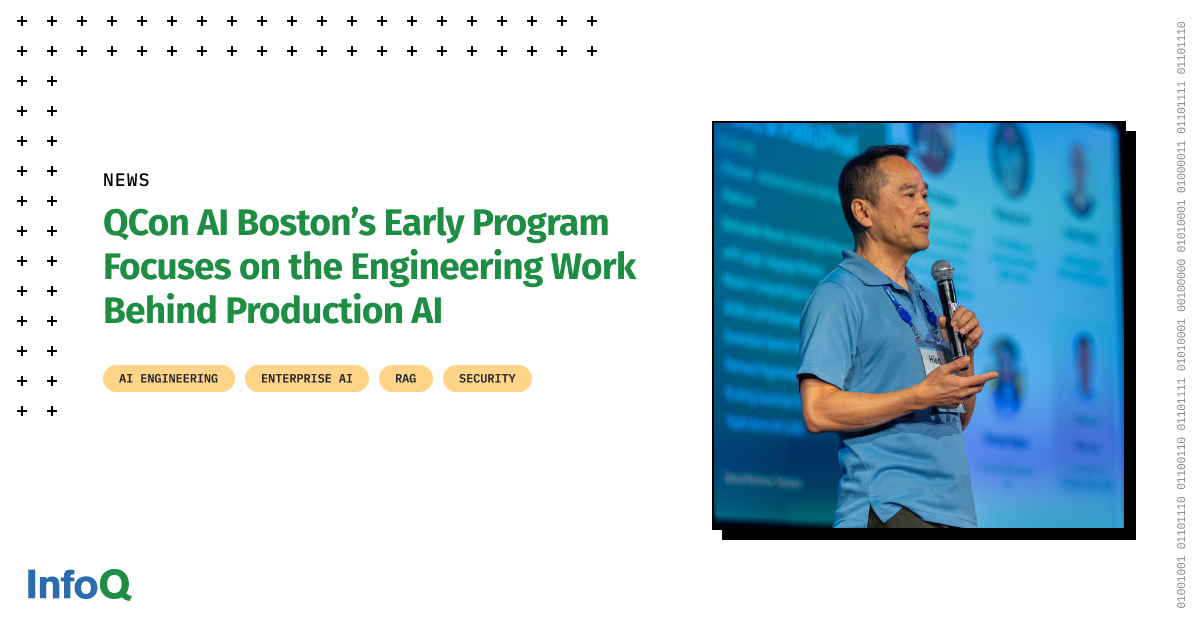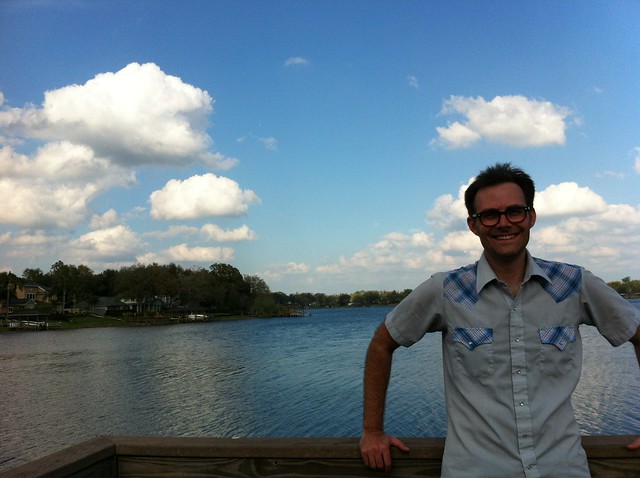Codetown
Codetown ::: a software developer's community
Cloud Computing Talk by James Ward
James Ward came to Florida and gave a talk on cloud computing for the GatorJUG in Gainesville and the OrlandoJUG this week.
What a great presenter! James gave us such an informative talk. The very first slide of his presentation impressed me practically more than anything else. It described current (newer) trends in software development like continuous releases. I hope James posts it here when he reads this blog post.
James described to us the features of cloud computing (and some specifics about the company James works with, Heroku) that make it such a hit these days. Pay as you go is one big attraction. Instant deployment is another great thing about the Heroku approach, because normally, the Java compile, generate WAR, possibly restart the webserver, etc approach takes so much longer.
One really cool thing about www.heroku.com is that the first dyno is free - meaning that you can try it out and the first "virtual server", called a dyno, doesn't cost anything. James mentioned the JavaPosse are trying it out now. I think James said he's planning to host his popular blog www.jamesward.com there, too. I can't wait give it a try. I can see where cloud computing is so popular these days.
It's got some load balancing features that are very appealing if you expect spurts of high volume use.
If you attended James's talk could you please post your comments and help share what we learned with the rest of the folks at Codetown? And, click on the photo above to see a few more of James's Florida visit.
Comment
-
Comment by Michael Levin on February 25, 2012 at 1:53pm
-
Thanks, James! What a great talk.
-
Comment by James Ward on February 25, 2012 at 1:10pm
-
Thanks Mike & Joe. Here are the slides from my talk:
http://portal.sliderocket.com/heroku/Deploying-Java--Play-and-Scala...
-
Comment by Joe Radomsky on February 25, 2012 at 6:17am
-
Great Job Thursday evening James!
Notes
Welcome to Codetown!
 Codetown is a social network. It's got blogs, forums, groups, personal pages and more! You might think of Codetown as a funky camper van with lots of compartments for your stuff and a great multimedia system, too! Best of all, Codetown has room for all of your friends.
Codetown is a social network. It's got blogs, forums, groups, personal pages and more! You might think of Codetown as a funky camper van with lots of compartments for your stuff and a great multimedia system, too! Best of all, Codetown has room for all of your friends.
Created by Michael Levin Dec 18, 2008 at 6:56pm. Last updated by Michael Levin May 4, 2018.
Looking for Jobs or Staff?
Check out the Codetown Jobs group.
InfoQ Reading List
Decentralizing Architectural Decisions with the Architecture Advice Process

Our system architectures have changed as technology and development practices have evolved, but the way we practice architecture hasn’t kept up. According to Andrew Harmel-Law, architecture needs to be decentralized, similar to how we have decentralized our systems. The alternative to having an architect take and communicate decisions is to “let anyone make the decisions” using the advice process.
By Ben LindersQCon AI Boston’s Early Program Focuses on the Engineering Work Behind Production AI

As teams move AI from pilots to production, the hard problems shift from demos to dependability. The first confirmed talks for QCon AI Boston (June 1–2) focus on context engineering, agent explainability, reasoning beyond basic RAG, evaluation, governance, and platform infrastructure needed to run AI reliably under real-world constraints.
By Artenisa ChatziouGitHub Data Shows AI Tools Creating "Convenience Loops" That Reshape Developer Language Choices

GitHub’s Octoverse 2025 report reveals a "convenience loop" where AI coding assistants drive language choice. TypeScript’s 66% surge to the #1 spot highlights a shift toward static typing, as types provide essential guardrails for LLMs. While Python leads in AI research, the industry is consolidating around stacks that minimize AI friction, creating a barrier for new, niche languages.
By Steef-Jan WiggersCloudflare Debuts Markdown for Agents and Content Signals to Guide AI Crawlers

Cloudflare has introduced “Markdown for Agents,” a feature that lets AI crawlers request Markdown versions of web pages. The company pairs the feature with a proposed “Content Signals” mechanism that lets publishers declare whether their content may be used for AI training, search indexing or inference.
By Matt FosterPresentation: What I Wish I Knew When I Started with Green IT

Ludi Akue discusses how the tech sector’s rising emissions impact our global climate goals. Drawing from her experience as a CTO, she explains seven key lessons for implementing Green IT. She shares insights on LCA assessments, the paradox of microservices, and why FinOps doesn’t always equal green.
By Ludi Akue
© 2026 Created by Michael Levin.
Powered by
![]()

You need to be a member of Codetown to add comments!
Join Codetown